Understanding the Russian Revolution and Civil War: A Curriculum
Study hall
Don’t forget to listen to the newest podcast episode:
Ep69: Zen police ultraviolence simulator Ready or Not (2023) is the only game for our time
There’s something to be said for understanding one thing well, especially if that one thing is relevant to the challenges you face today. I wrote in my article Vibelash: Reflecting on the present disintegration of the rightwing public mind that diving so deep into the Russian Revolution and Civil War has helped me understand how little I actually knew about any topic that I haven’t done a similar deep dive into. It also happens to be interesting stuff that’s extremely revealing of a lot of political and social dynamics, both eternal and very contemporary.
Schools and media don’t do a good job covering historical topics, if they bother to cover them at all. A failure to fully explore history ultimately warps your perception of reality and prevents you from mining anything useful from whatever new information (if it’s even accurate) you might come across. In the age of online arguments, people have their little facts and use them for little debates, but ultimately, it’s obvious that they don’t have anything resembling a comprehensive picture of events and aren’t really looking for one anymore. It’s just jerking off.
With this in mind, I have decided to put together the following reading list to introduce readers to the Russian Revolution and Civil War. This is an extremely rewarding period to study with a lot of parallels to today. Although I have written a relatively surface-level introduction to the Russian Revolution, there’s no substitute for reading actual books written by actual experts. In order to truly understand a topic, you have to expose yourself to a variety of informed perspectives and a lot of information that you wouldn’t even think to look for on your own.
There’s a lot more to explore in this period and a lot more I have to recommend outside of this list, but the below books will give you more than enough to chew on for the time being. If you’re looking for a jumping off point for an even deeper dive, check out Jonathan Smele’s The Russian Revolution and Civil War 1917-1921: An Annotated Bibliography. Smele has read virtually every book on this topic and given brief notes on all of them in this doorstopper of a reference text. I promise you can find something new to read in it.
Don’t forget to listen to the newest podcast episode:
Ep69: Zen police ultraviolence simulator Ready or Not (2023) is the only game for our time
Core:
This books, read together in this order, will provide you with a solid foundation to understand the Revolution and Civil War. Once you’ve read these books, you should have enough background knowledge to get the most out of other material covering these topics.
The Russian Revolution: A New History (Sean McMeekin)
This is the best survey of the Russian Revolution hands down. It’s written in a very accessible style and doesn’t require much background knowledge to understand. The book also incorporates the latest research on the topic, especially relating to Germany’s early support for the Bolshevik Party.
The White Generals: An Account of the White Movement and the Russian Civil War (Richard Luckett)
This is the best survey of the Russian Civil War, covering all the major theatres of the conflict while introducing the important personalities (and their clashes). Luckett also provides a good introduction to the Finnish Civil War, particularly the successes of Marshal Mannerheim, who avoided the major mistakes of the various Russian anti-Bolshevik leaders.
Lenin: A Biography (Robert Service):
The best biography of Lenin, the Bolsheviks’ leader and titan of personality. Understanding Lenin’s history, personal idiosyncrasies, and decision-making process offers far more insight into the Bolshevik Party during this period than any kind of ideological treatise or policy statement. Incorporates information from the briefly open (now closed) Soviet era archives.
Red Attack, White Resistance and Red Advance, White Defeat (Peter Kenez)
Two-parter (adapted from the author’s PhD thesis). Far more granular military history of the Russian Civil War than The White Generals, with special attention paid to the first year of the Volunteer Army, diplomacy between the various anti-communist actors, and (often opaque) Cossack internal politics. These books are especially interesting because Kenez is very critical of Wrangel, unlike most historians covering this period.
The Russian Revolution (Richard Pipes)
The most expansive survey of the Russian Revolution, providing in-depth look at the of the peasantry, intelligentsia, and establishment, examining their histories, worldviews, and goals and how these things interacted during the revolutionary period. This book is much longer and more thorough than McMeekin’s book, offering a truly comprehensive picture of Russian society at the time, but readers will greatly benefit from already having broad knowledge of the region/period.
Always with Honor: The Memoirs of General Wrangel (Pyotr Wrangel)
Wrangel’s autobiography provides the best ground-level view of the period and elegantly captures what the most important takeaways for you today should be. Wrangel was a keen observer of human behavior and always had a good sense of what was and wasn’t important at the time (i.e. he does not spend a great deal of time dwelling on ideology).
Advanced:
These books should only be read (also in this order) after you have a lot of background information to put what you’re reading into context. These books are typically denser, more niche, and written in a less accessible way than the Core titles but still offer essential insight into the period.
Russia, 1917: The February Revolution (George Katkov)
In-depth examination of the confusing sequence of events that led to the February Revolution, which actually toppled the monarchy but is often overshadowed by the October cousin. The February Revolution and preceding crises are probably more relevant to our current situation than the October Revolution. Argues that Russian society was paralyzed and then toppled by deliberately induced mass hysteria.
Russia, 1917: The Kornilov Affair (George Katkov)
Study of one of the most confusing incidents during the tumultuous reign of the Russian Provisional Government, for which all the major players offer different (contradictory) accounts many of the major questions still remain unsettled to this day. Case study in bad crisis leadership.
The Russian Civil War 1918-1921: An Operational-Strategic Sketch of the Red Army’s Combat Operations (Bubnnov, Kamenev, Tukhachevskii, and Eideman)
The Red Army’s official history of the Russian Civil War, drafted by many of the men who fought and won it, before Stalin would kill these men (all of the authors were condemned and died during the Great Purge) and rewrite the record into something unrecognizable and largely useless for historians. Published in 3 volumes between 1928 and 1930, with lots of great insight into Trotsky and others’ major institutional reforms that enabled the Reds’ eventual victory over their far more capable and experienced opponents. Definite political slant but soberly avoids most of the myths of the conflict that defined later historiography.
Russian Jews Between the Reds and the Whites, 1917-1920 (Oleg Budnitskii)
Understanding the Jewish role in the Russian Revolution is extremely important to understanding the period more generally, but exploring the topic has a tendency to cook peoples’ brains. Budnitskii offers a clear-eyed and unsentimental look at the Jewish role in the Bolshevik Party (substantial), broader Jewish attitudes in the Russian Empire towards the Bolshevik coup (mostly skeptical), and the fate of Jews during and after the Russian Civil War (ranging from triumphant to grim).
The “Russian” Civil Wars, 1916-1926 (Jonathan Smele)
Expansive overview of the various nationalist, ethnic, and religious struggles that sprang out of the Russian Revolution and related events, which were certainly important to understanding the period but often not really all that Russian. Analyzes why some efforts to break away from the collapsing Russian Empire and the Soviet Union that replaced it succeeded while most others failed.
Wall Street and the Bolshevik Revolution (Antony Sutton):
This book gets referenced often but no one actually bothers to read it. The story of big finance’s involvement in the Bolshevik Party and its eventual rise to power is extremely interesting and doesn’t require you to go off into fantasy land. Foreign capital makes a deal with the devil to crack open a closed market and it gets very out of hand. Everyone should read this book because these tactics are still used today.
Optional
Read these in any order. None are particularly critical to understanding the period but all of them offer greater insight into a particular topic or are just fun reads.
Stalin: A Biography (Robert Service)
Unusually sober and humanizing biography of Stalin, with lots of revealing details of his childhood and early political activism. Rather than a cynical psychopath, Service casts Stalin as a ruthless true believer whose delusions reshaped the world, and whose paranoia regarding his peers was not entirely unjustified.
Trotsky: A Biography (Robert Service)
Straightforward overview of Trotsky’s life and personality, with lots of insight into his organizational genius and very steep political fall from grace. Trotsky is usually the least-examined of the Big 3 Bolshevik personalities and the figure who leftists most often try to rehabilitate. This book paints an unsympathetic picture.
From Serfdom to Bolshevism: The Memoirs of Baron N. Wrangel (Nikolai Wrangel)
The memoirs of General Wrangel’s father, who goes into great detail about the abolition of Serfdom, racial tensions between Jews and Russians, the chaos of the February Revolution, and finally the nightmarish Bolshevik occupation of Petrograd. Climaxes in a very revealing train escape into German-occupied territory.
History's Greatest Heist: The Looting of Russia by the Bolsheviks (Sean McMeekin)
Coverage of the Bolshevik private wealth expropriations during the revolution, with lots of details on the very elaborate smuggling and laundering networks developed to circumvent Allied efforts to curtail the practice.
With Denikin's Armies: Being a Description of the Cossack Counter-Revolution in South Russia, 1918-1920 (John Ernest Hodgson)
Interesting memoir from a British “observer” (he was probably a spy) who was attached to the White Army in South Russia during its most critical periods. Lots of insight into dysfunction behind-the-lines and broader organizational and cultural problems that contributed to the victory of the Bolsheviks.
The Cheka: Lenin’s Political Police (George Leggett)
Operational/organizational history of the early Bolshevik secret police, punctuated with lots of interesting biographical details of Felix Dzerzhinsky, the dynamic force who is almost single-handedly responsible for the creation of the sprawling Soviet security apparatus.
In Denikin's Russia and the Caucasus, 1919-1920 (C.E. Bechhofer)
Another British “observer” memoir, retreads much of the same ground as With Denikin’s Armies though the author arrives a bit later in the war and has an extended (and extremely interesting) adventure in briefly independent Georgia as it scrambled to find foreign patrons to halt the Soviet juggernaut. I love British memoirs from this period. I think that writers have a very clear and unsentimental style and good eye for important details.
Farewell to the Don: The Journal of Brigadier H. N. H. Williamson (Hudleston Williamson)
Memoir of a member of the British military mission in South Russia. The author is occasionally a bit melodramatic but he really did go above and beyond to try to secure the Whites much-needed aid and to spur the often passive British and White authorities into taking action to salvage the situation. Lots of insider details that you won’t get many other places.
Our Man in the Crimea: Commander Hugo Koehler in the Russian Civil War (P. J. Capelotti)
Follows the path of American superspy Hugo Koehler (rumored to be the bastard child of the Crown Prince of Austria) as he bounced around several fronts of the Russian Civil War, interacting with major personalities on both sides and even fighting with White forces during Wrangel’s final offensives. Interestingly Koehler had extended interactions with Stalin in 1920 and predicted his rise to the top of the Bolshevik hierarchy.
A Russian Dance of Death: Revolution and Civil War in the Ukraine (Dietrich Neufeld)
Recounts the cruel treatment of German Mennonites living in the Ukraine during revolutionary period, both from surrounding Ukrainian peasant populations and the anarchist “Black Army” of Nestor Makhno. Most interesting because all of the conflict/suffering involves parties who were not affiliated with the main Red or White combatants of the Civil War.
Beasts, Men, and Gods (Ferdinand Ossendowski)
Extremely entertaining (and at least a little bit fictionalized) account of the Polish author’s travels with Baron Roman von Ungern-Sternberg, an anti-Bolshevik general who went rogue during the height of the Russian Civil War and decided to travel to Mongolia and perhaps the Hollow Earth after that.
Thanks for reading this far down! I hope you get as much out of these books as I have.
Don’t forget to listen to the newest podcast episode:
Ep69: Zen police ultraviolence simulator Ready or Not (2023) is the only game for our time



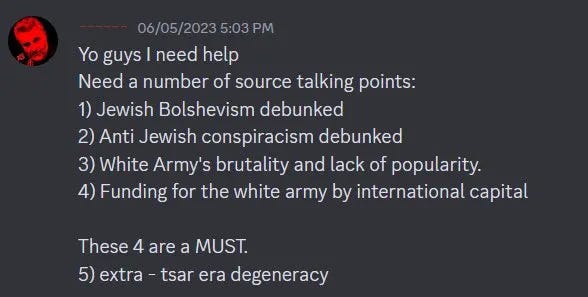
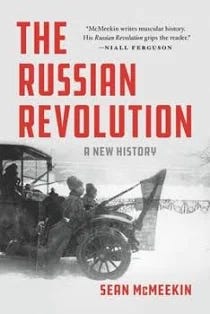
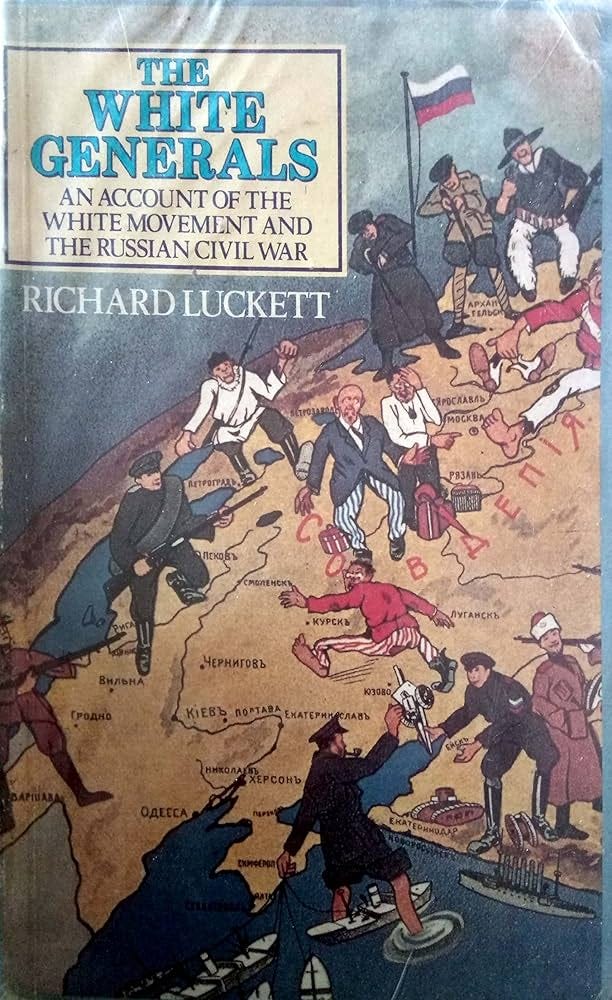
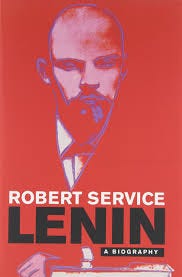
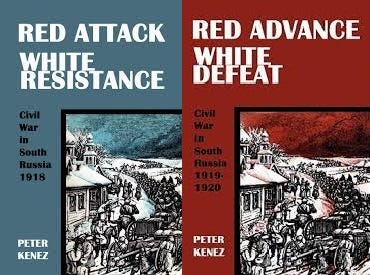
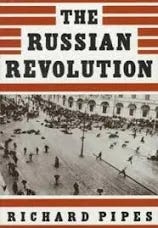
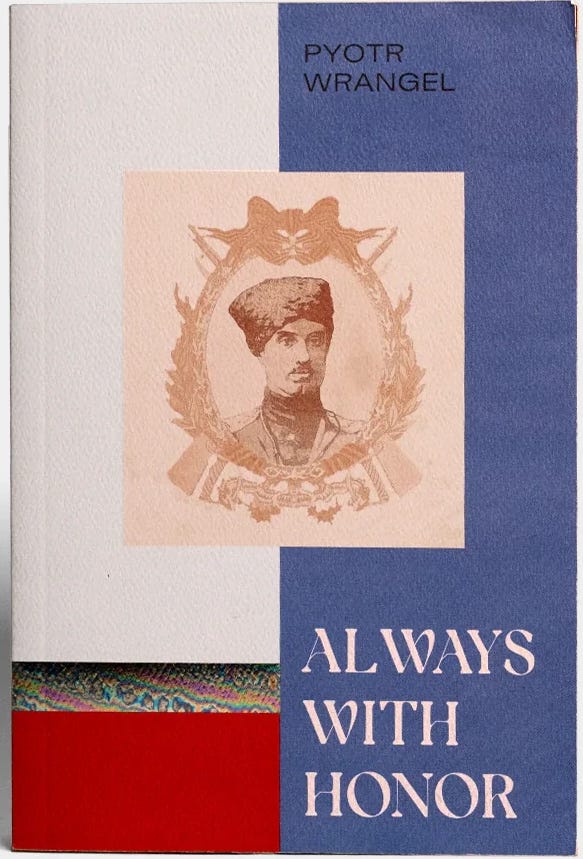
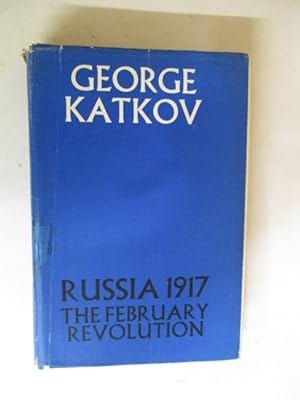
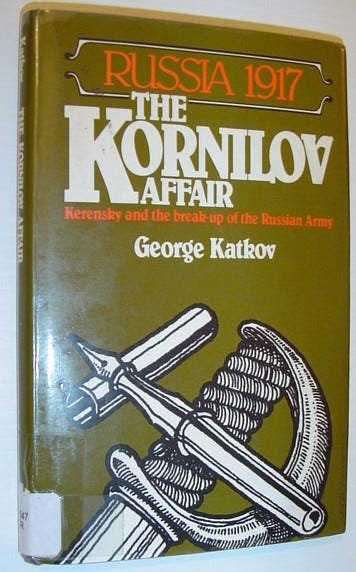
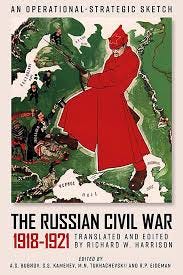
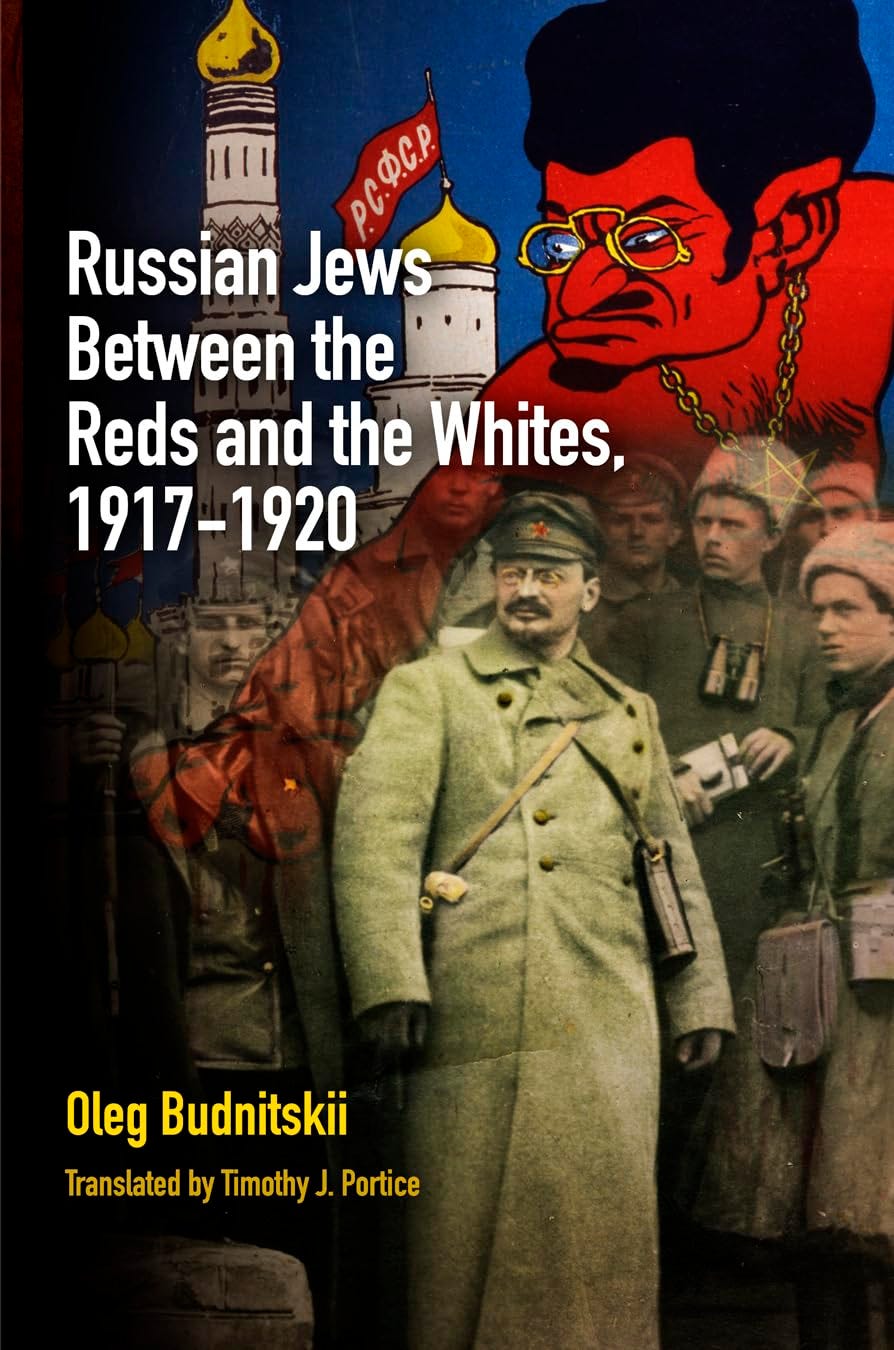
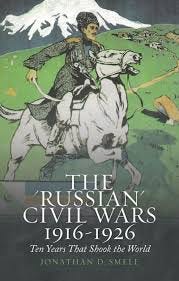
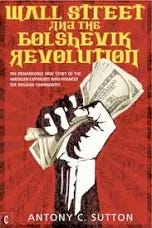
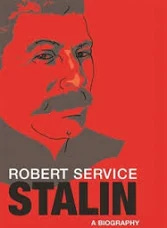
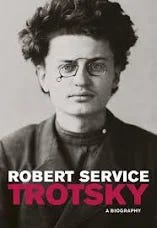
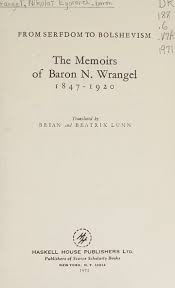
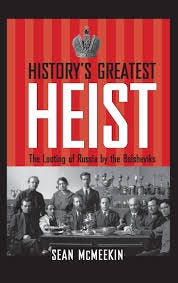
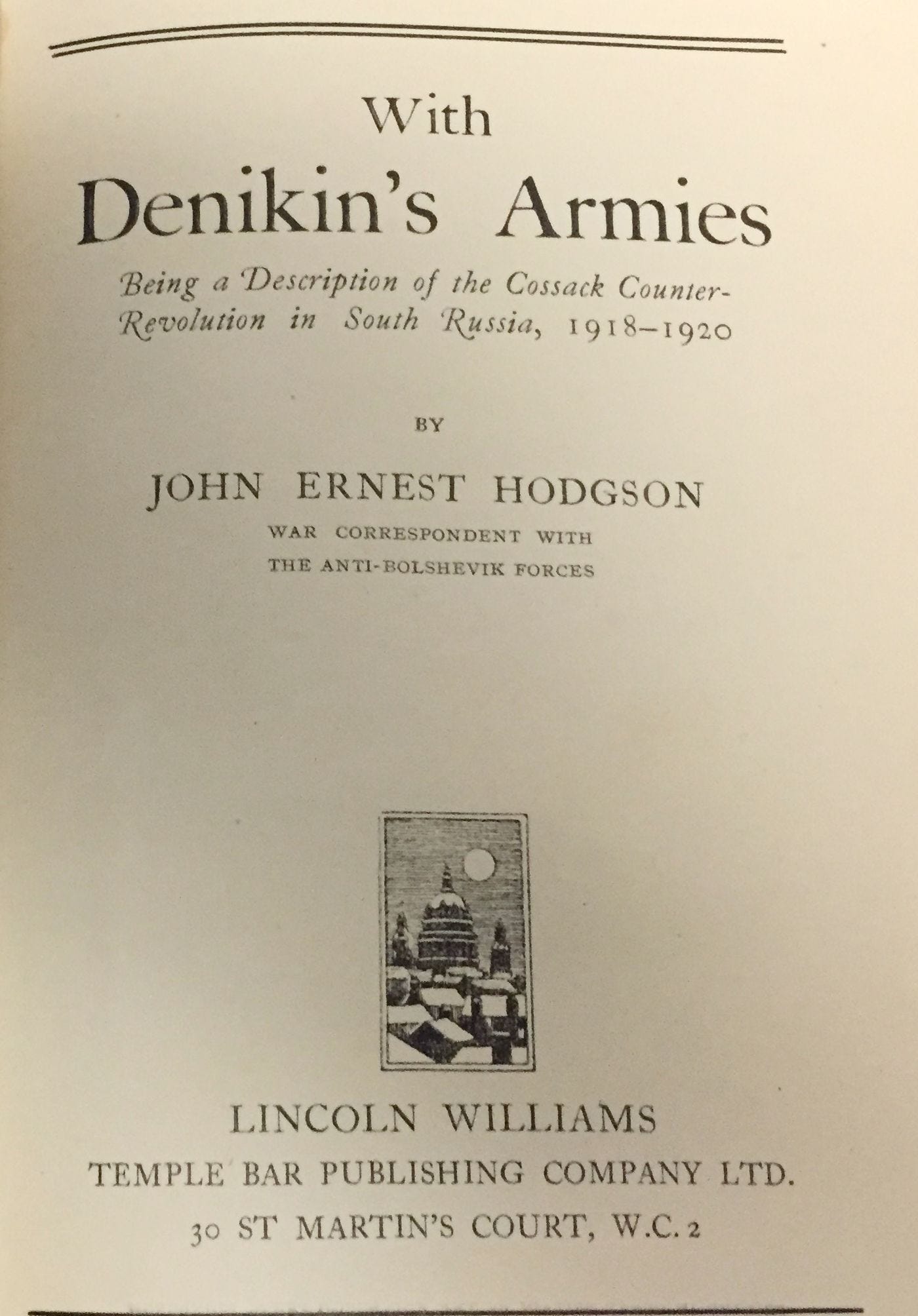
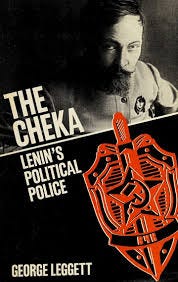
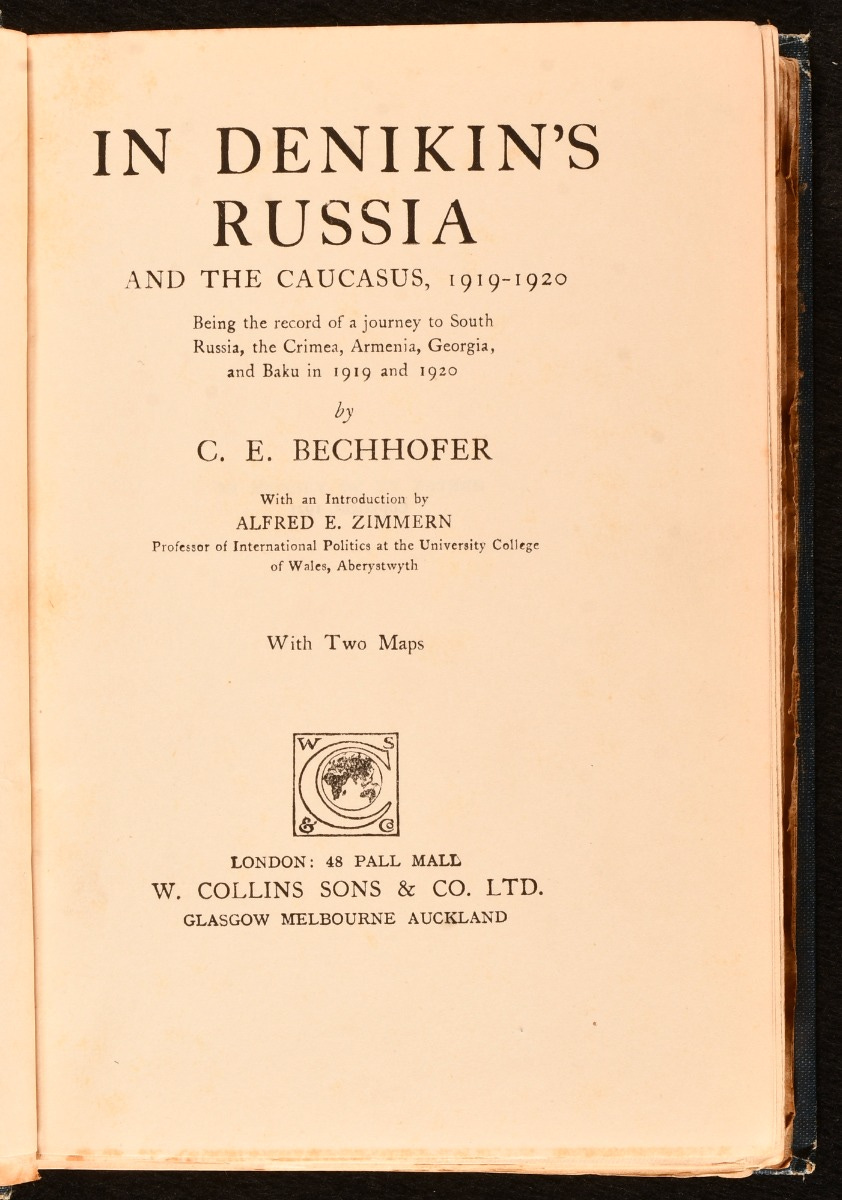
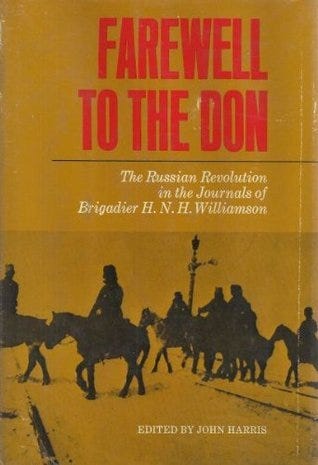
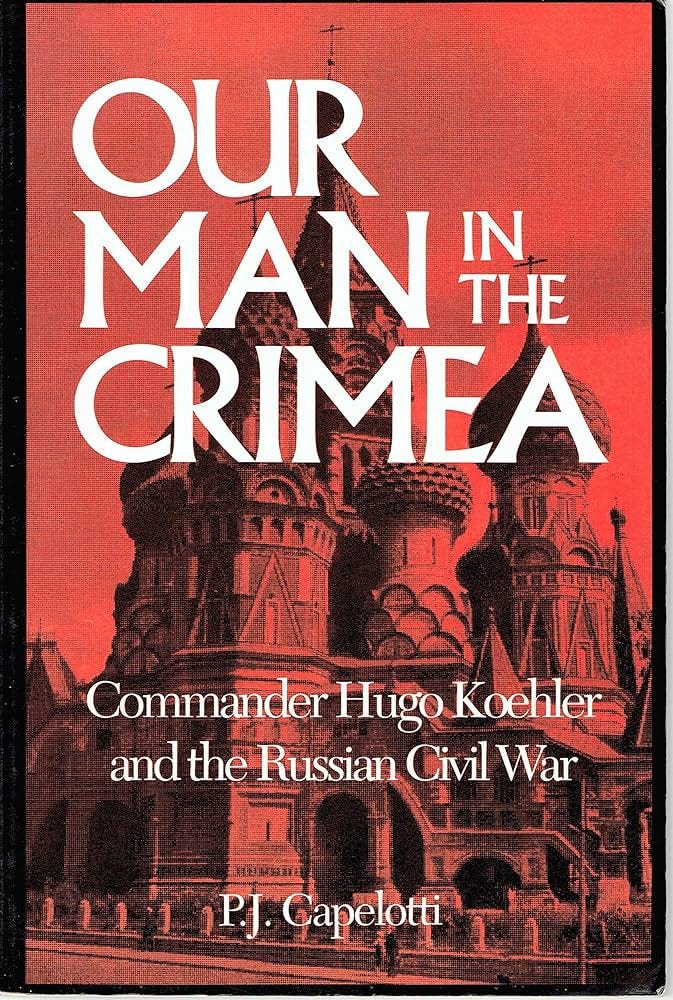
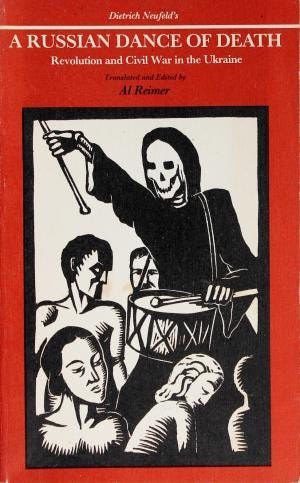
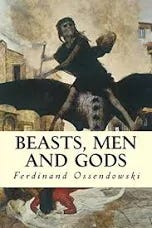
Saving this before it gets deleted like the movie list.
“Hello, based department? Yeah, you’re going to love this one.”